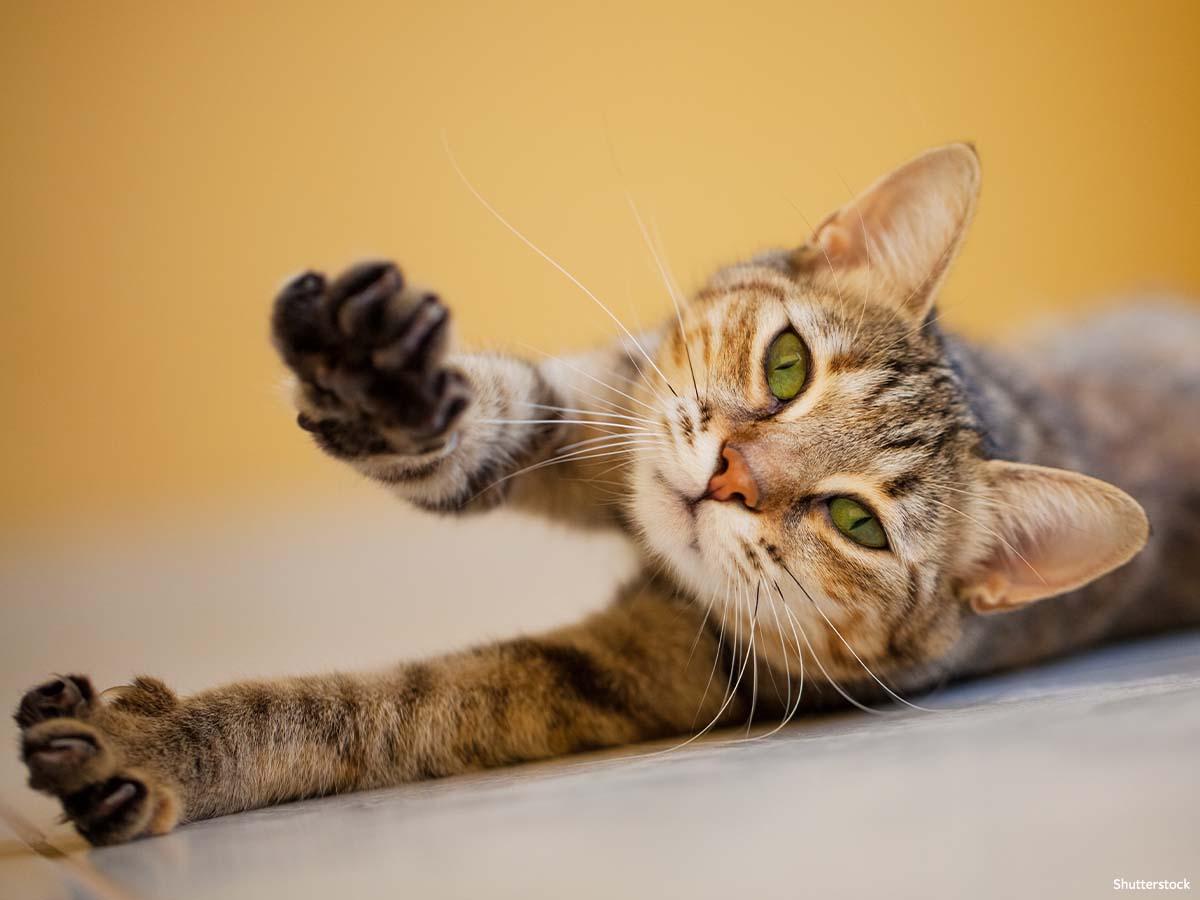Victory! Maryland Bans Declawing Cats
In a huge victory for cats, Maryland has become the second state in the U.S. to ban the cruel practice of declawing cats with Gov. Larry Hogan signing a new law that goes into effect on October 1, 2022. Our thanks go out to all the individuals and organizations who advocated for this bill, including nearly 1,000 residents who signed our alerts calling on the legislature and governor to support this change.
Declawing has been a controversial topic among veterinarians, animal advocates, and cat guardians, but the simple fact remains that declawing isn’t a simple pedicure that only removes a cat’s nails. The actual procedure, which is formally known as onychectomy, involves surgically removing the last bone in each of a cat’s toes to which the nail is attached on both front paws; it’s analogous to cutting off a human’s fingertip at the last joint.
Sadly, cats continue to become victims of this surgery because they scratch our stuff, or us, but this is a natural and necessary behavior for them that comes with the territory of cat parenting. Aside from the painful and unnecessary surgery itself, declawing may result in other unwanted behaviors, like avoiding the litter box and resorting to biting as a defense.
Research examining the long-term consequences has also linked declawing to chronic back pain, and other issues, like bone fragments being left behind in their paws after surgery.
Fortunately, efforts continue toward making this unethical procedure a thing of the past, with Maryland’s ban being the most recent win. It’s already been banned in several countries and eight Canadian provinces. New York became the first state to ban declawing in 2019, and a number of other states are considering similar measures, including California.
In the meantime, there are a number of perfectly humane, safe, and effective alternatives to declawing that range from using Sticky Paws and redirecting cats to scratching posts, or other suitable materials they prefer, to trimming their nails or using nail caps.
We’re thrilled with this victory and will continue to advocate for more bans on declawing. You can help by educating people about how harmful declawing is, and by choosing veterinarians who put their patients first and refuse to declaw.
For more ways to get involved as an advocate for cats, and updates on declawing legislation, check out our Community Cats campaign.


